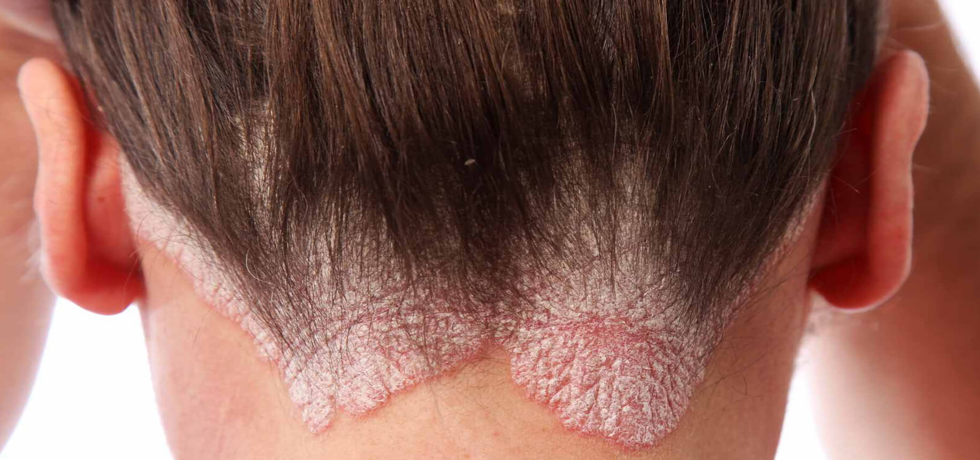
Understanding Psoriasis: Types, Treatments, and More
What is Psoriasis?
Psoriasis is a chronic, autoimmune inflammatory disease that affects millions of people worldwide, including many in India. It alters the normal life cycle of skin cells, causing a rapid buildup on the skin’s surface. This leads to thick, silvery scales and red patches that may be itchy and painful. Unlike many skin conditions you may encounter, psoriasis is not contagious. It can occur anywhere on the body, but is most commonly found on the elbows, knees, lower back, and scalp.
Different Types of Psoriasis
There are several types of psoriasis, each indicating variations in symptoms and severity.
Plaque psoriasis is the most common form, characterized by raised, inflamed patches covered with silvery scales. It typically appears on the elbows, knees, and scalp.
Guttate psoriasis manifests as small, red spots and may be triggered by infections or certain medications.
Erythrodermic psoriasis is a severe form that causes extensive redness and can lead to serious health risks.
Inverse psoriasis appears in skin folds and lacks the scaling typical of other types.
Pustular psoriasis shows up as white pustules surrounded by red skin, often on the hands and feet. Understanding these types is essential for effective psoriasis management.
Treatment Options for Psoriasis
When it comes to treatment, the goal is to reduce symptoms and manage flare-ups. There are three primary categories of psoriasis treatments.
Systemic therapies are medications taken orally or by injection that work throughout the body to suppress the immune system.
Topical treatments are applied directly to the affected areas of the skin to reduce inflammation and scale production.
Phototherapy involves regular exposure to ultraviolet light to slow skin cell turnover. Depending on the severity of the condition, an individual may benefit from a combination of these treatments for effective relief.
Unique Insights and Care
At The Skin Artistry, we understand that living with psoriasis can be challenging. Each individual’s experience with the disease can differ widely, meaning treatment should be personalized. By working closely with leading dermatologists, patients can explore a variety of options, from lifestyle adjustments to advanced therapies. It’s crucial to stay well-informed about your condition and communicate openly with specialists about what you are experiencing.
Actionable Advice
If you suspect you have psoriasis or are struggling with this condition, it’s essential to seek professional help. Keep a journal of your symptoms and potential triggers, such as stress or diet, to help your dermatologist provide tailored recommendations. Early diagnosis and treatment can significantly improve not only the appearance of your skin but also your overall quality of life.
Remember, you are not alone in this journey, and support is available at The Skin Artistry.
FAQs
1. Can psoriasis be cured?
Currently, there is no cure for psoriasis; however, various treatment options can effectively manage symptoms.
2. Is psoriasis contagious?
No, psoriasis is not contagious and cannot be spread from person to person.
3. How can I manage my symptoms at home?
Moisturizing regularly, using gentle cleansers, and avoiding tight clothing can help alleviate symptoms.
For professional assistance and expert advice from leading dermatologists like Dr. Hital Patel, experience the benefits of Understanding Psoriasis: Types, Treatments, and More with Hair & Skin Specialist Dr. Hital Patel at
The Skin Artistry. Our clinics in PDPU Gandhinagar, Vastrapur Ahmedabad, and Hyderabad (Visiting Consultant) offer top-quality care and personalized treatments. Visit us today to learn more about our services and take advantage of our special offers! For more insights, updates, or to collaborate, stay connected with
The Skin Artistry.


